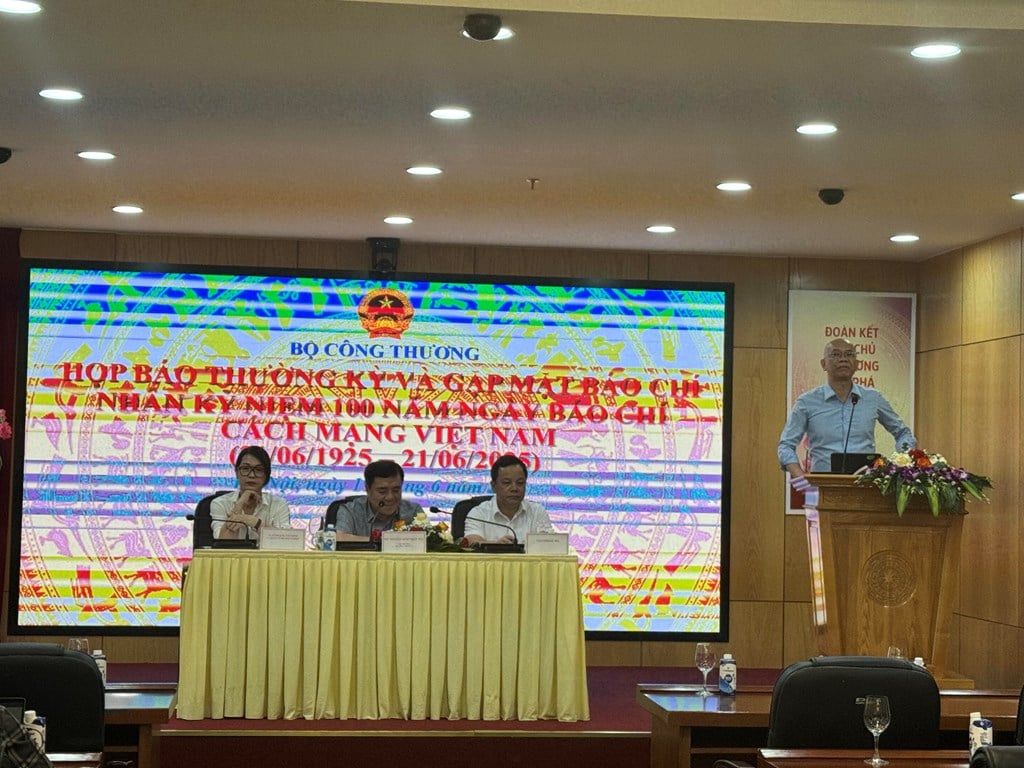
Responding to a reporter from Vietnam News Agency about whether the transportation of export goods is affected by the escalating tensions between Israel and Iran, and what recommendations does the Ministry of Industry and Trade have for export enterprises in the current context, at a regular press conference held by the Ministry of Industry and Trade on the afternoon of June 19 in Hanoi, Mr. Tran Thanh Hai - Deputy Director of the Import-Export Department (Ministry of Industry and Trade) said: The escalating tensions between Israel and Iran are having and will have significant impacts on international trade activities in general and the transportation of export goods of Vietnam in particular. The level of impact on the transportation of export goods of Vietnam will depend on how long this crisis will last and how the relevant parties in this region will resolve it.
According to Mr. Tran Thanh Hai, the escalating tension between Israel and Iran could lead to some specific impacts as follows: The Middle East is a major oil producing region of the world and the Strait of Hormuz is a vital route for transporting large amounts of crude oil and gas. Any disruption here, whether due to direct conflict or security concerns, will push up world oil prices. Rising oil prices will directly increase the cost of sea, air and road transport. This affects the freight rates for import and export goods, increases product costs and reduces the competitive advantage of Vietnamese enterprises.
Furthermore, the Middle East region is home to important international shipping routes, especially the Suez Canal (Red Sea) and the Strait of Hormuz, which are two of the five key points in the world's important shipping routes (including the Suez Canal, the Panama Canal, the Strait of Malacca between Indonesia and Malaysia, the Strait of Hormuz between Iran and Oman, and the Bab-al-Mandab Strait between Djibouti and Yemen).
Similarly, as with the Red Sea crisis caused by the Houthi attacks, escalating tensions could force shipping companies to divert their ships around the Cape of Good Hope to avoid the Middle East. The forced rerouting of ships around the Cape of Good Hope would add 10 to 15 days to the transit time of goods from Asia to Europe, significantly increasing costs.
Furthermore, as geopolitical risks increase, insurers will raise premiums for shipments passing through or near conflict zones. This directly increases logistics costs for businesses.
In addition, due to longer journeys or even some shipping lines choosing to anchor, delay their journeys until the situation in the region stabilizes, leading to longer ship turnaround cycles, resulting in a shortage of empty containers returning to the Asian region. Major exporting countries in Asia such as China, Japan, South Korea, Vietnam, Thailand, and Indonesia may experience a shortage of empty containers for loading. This will immediately affect the length of loading time, the length of transit time, and the increase in empty container prices, greatly affecting the import and export situation between Asia and Europe. At the same time, diverting ships to avoid conflict areas may lead to a shortage of ships or congestion at seaports, causing further congestion and delays in the supply chain.
To respond to and minimize the negative impact of the tension between Israel and Iran on freight transport activities related to Vietnamese enterprises, the Ministry of Industry and Trade recommends that enterprises regularly update the political and security situation in the Middle East, especially information from the Ministry of Foreign Affairs, the Ministry of Industry and Trade and reputable media agencies to have timely assessments of risks.
At the same time, review the terms of the import-export contract, especially the terms on freight rates, delivery time, insurance and force majeure clauses to anticipate arising situations.
Avoid over-reliance on one market or shipping route. Proactively seek out new markets and other shipping partners with less risky routes. Develop a contingency plan for your supply chain, including finding alternative raw material suppliers and shipping routes to minimize the impact of disruptions.
Where feasible, consider other modes of transport such as international rail transport (for some markets), or combine modes of transport to optimize costs and time. Regularly contact import partners to inform them of the situation and seek optimal solutions together.
In addition, businesses should work closely with shipping lines, airlines, and forwarders to understand information about routes, expected shipping times, and additional charges. Consider purchasing cargo insurance with broader coverage, including war and terrorism risks.
Beware of exchange rate fluctuations due to the impact of oil prices and the global economic situation. When encountering difficulties or needing support information, businesses can directly contact the Import-Export Department (Ministry of Industry and Trade), Vietnamese Trade Offices abroad, or Vietnamese Embassies in relevant areas for timely advice and support.
“Geopolitical tensions, especially in the Middle East, always pose great risks to global import and export activities. Vietnamese enterprises need to be proactive, flexible and have clear contingency plans to minimize negative impacts and ensure uninterrupted production and business activities,” Mr. Tran Thanh Hai pointed out.
Source: https://kontumtv.vn/tin-tuc/kinh-te/khuyen-cao-doanh-nghiep-xuat-khau-truoc-cang-thang-leo-thang-giua-israel-va-iran
























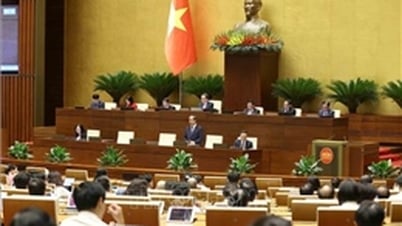
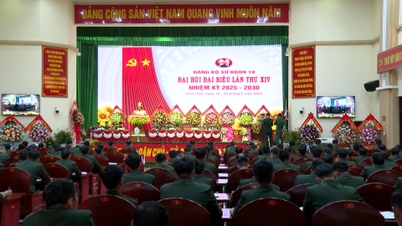


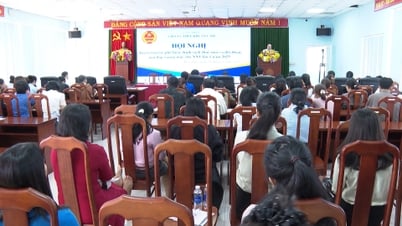
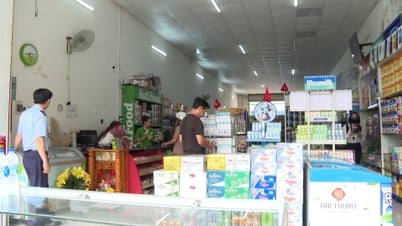
![[Photo] The 9th Congress of the Party Committee of the Office of the President, term 2025-2030](https://vphoto.vietnam.vn/thumb/1200x675/vietnam/resource/IMAGE/2025/6/20/78e7f27e8c4b4edc8859f09572409ad3)



























![[Maritime News] Wan Hai Lines invests $150 million to buy 48,000 containers](https://vphoto.vietnam.vn/thumb/402x226/vietnam/resource/IMAGE/2025/6/20/c945a62aff624b4bb5c25e67e9bcc1cb)


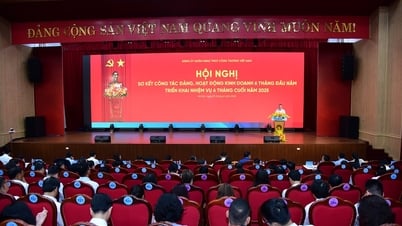






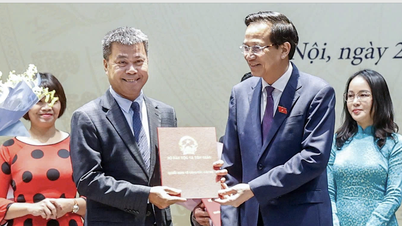












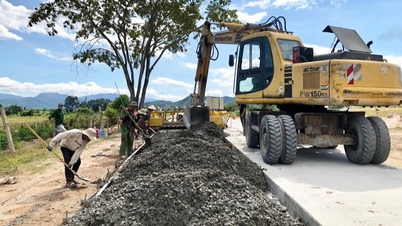




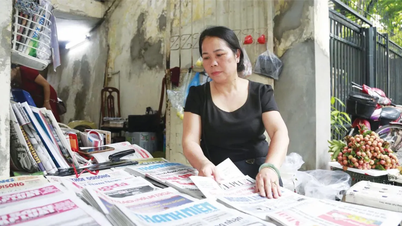













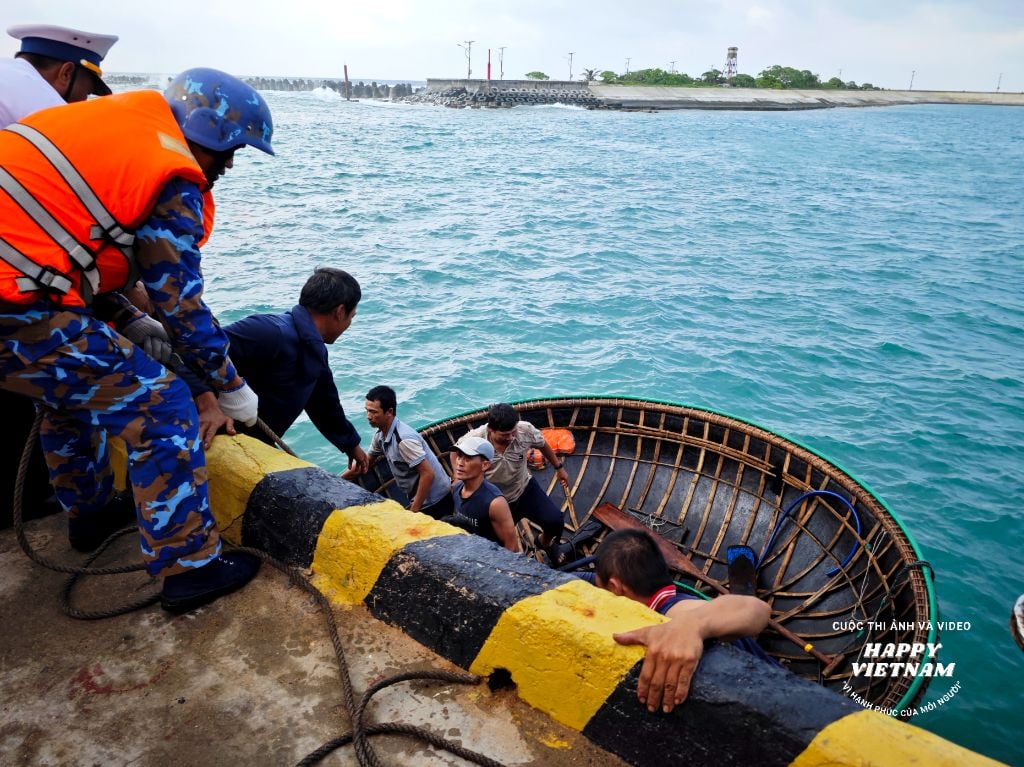
Comment (0)